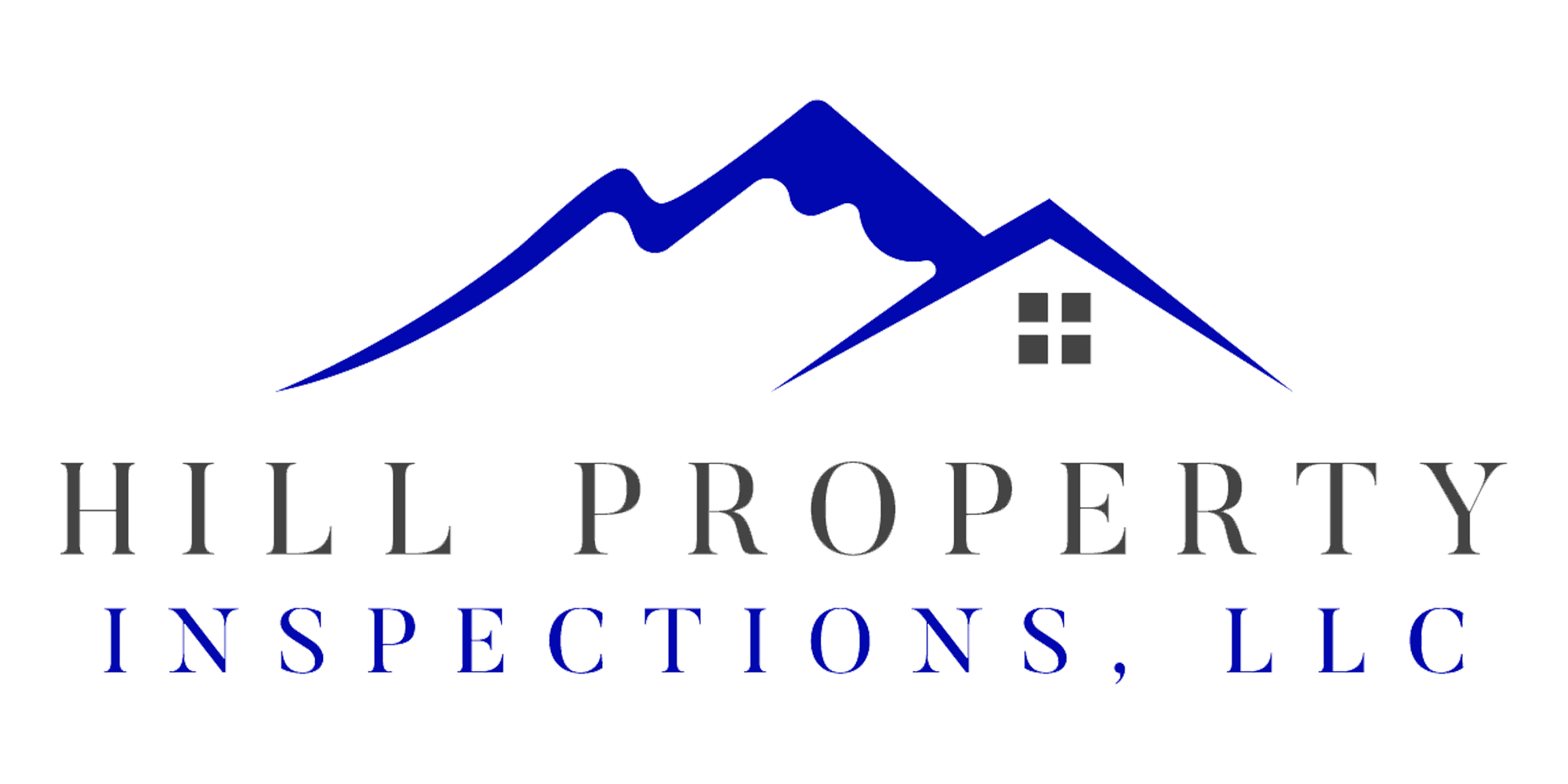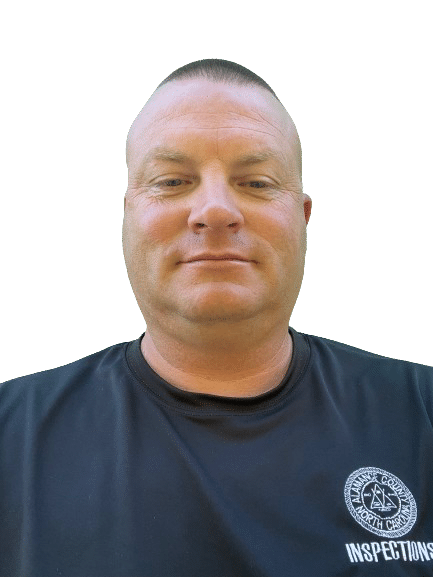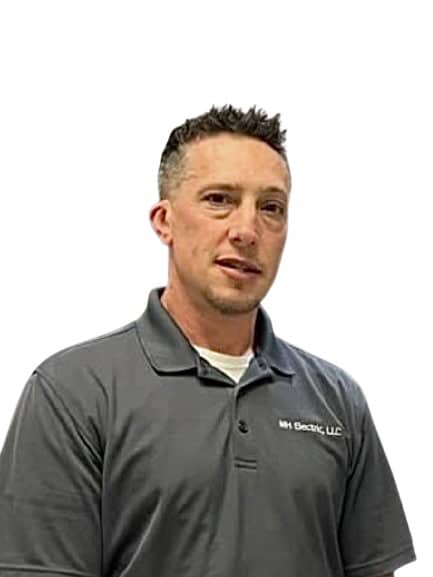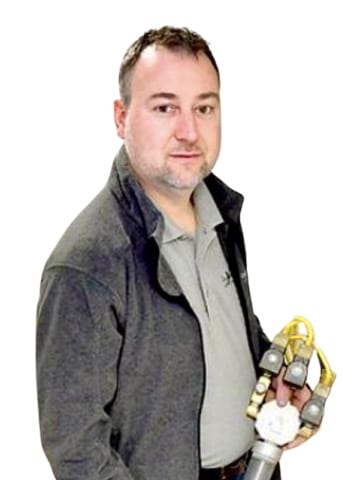Whether you’re a commercial investor, owner, seller, lessee, property manager, maintenance supervisor or other interested party, we are fully equipped to work with you to provide a detailed assessment and assist you with vital planning for the future. No property is too small or large for us to assess, and we are capable of handling all commercial projects from small boutiques or offices to large factories, multifamily complexes and multi-building industrial sites.
We are one of the only dedicated commercial inspection companies serving such a broad territory in states across the Northeast, Southeast and Midwest regions and are highly rated with hundreds of 5-star reviews from our loyal and satisfied clients. We also offer far more services than nearly all other commercial inspectors in Pennsylvania, Maryland, Ohio and West Virginia where we operate and provide comprehensive reports very quickly. While many commercial inspection companies have a small team and are often lacking in resources, experience and capabilities, we boast a top-notch team of industry leading experts to ensure our clients have every question thoroughly answered and a solid plan in place to manage their property and bottom line well into the future. In this sense, we seek to be a one-stop shop and a trusted consultant our commercial clients can depend on again and again.
